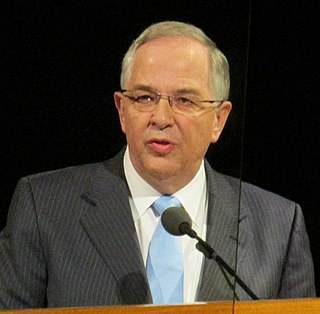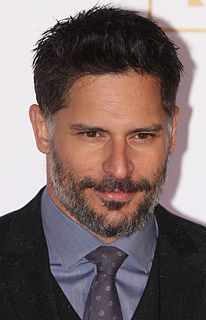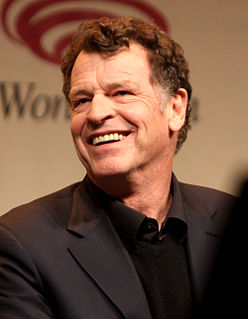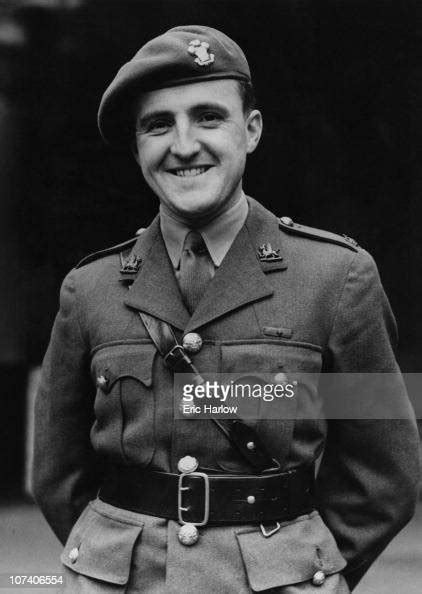A Quote by Mark Birch
I rode Sea Pigeon in all his work - that's why my arms are so long.
Related Quotes
Gil-galad was an Elven-king. Of him the harpers sadly sing: the last whose realm was fair and free between the Mountains and the Sea. His sword was long, his lance was keen, his shining helm afar was seen; the countless stars of heaven's field were mirrored in his silver shield. But long ago he rode away, and where he dwelleth none can say; for into darkness fell his star in Mordor where the shadows are.
Was his life nothing? Had he nothing to show, no work? He did not count his work, anyone could have done it. What had he known, but the long, marital embrace with his wife. Curious, that this was what his life amounted to! At any rate, it was something, it was eternal. He would say so to anybody, and be proud of it. He lay with his wife in his arms, and she was still his fulfillment, just the same as ever. And that was the be-all and the end-all. Yes, and he was proud of it.
I didn't want to have to call a cab if I went to the supermarket. So I eventually got a bike, just a beach cruiser, and I rode that thing all over town. I rode it everywhere. I rode it in the rain, I rode it as much as I possibly could. Anytime I could afford the independence of the bike, I used the bike.
Now from his breast into the eyes the ache of longing mounted, and he wept at last, his dear wife, clear and faithful, in his arms, longed for as the sunwarmed earth is longed for by a swimmer spent in rough water where his ship went down under Poseidon's blows, gale winds and tons of sea. Few men can keep alive through a big serf to crawl, clotted with brine, on kindly beaches in joy, in joy, knowing the abyss behind: and so she too rejoiced, her gaze upon her husband, her white arms round him pressed as though forever.
































